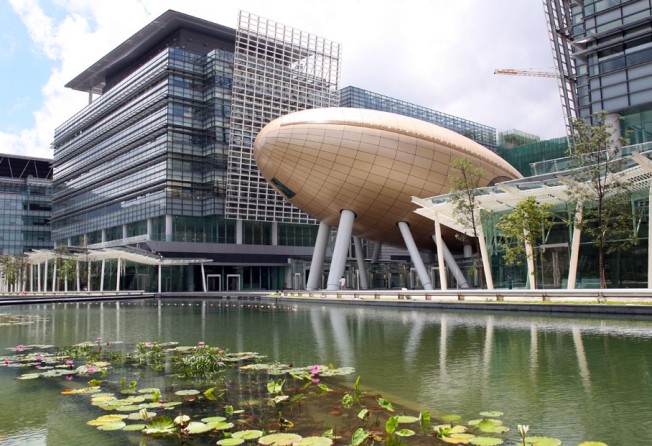Negative public view of research leaves our scientists undervalued

We have never had a scientist in Hong Kong receiving the Shaw Prize, yet the award originated in our city. So why is that? I think the issue is twofold.
The first one is the public attitude towards scientific research. People always think that science is beyond a normal human being's reach and those who do research are a bunch of nerds. They pay them little respect. What they don't realise is that scientists are pioneers in expanding our understanding on nature, on humans and on social behaviour. They are the ones who are willing to spend their lives searching for answers to the phenomena we see. Without them, we are just as ignorant as chimpanzees.
Some may argue that scientists do research purely for their own pleasure, which is not the case. Their discoveries have made our lives better and are beneficial to society. For example, this year's Life Science and Medicine winners unlocked the mechanism for controlling our circadian rhythm. This discovery may provide clues in helping medicine overcome jet lag and sleeping disorders. The ultimate purpose of science is not to create complicated theories, but to discover these theories and apply them in real life. Many have been confused about it.
The second issue is the lack of government support. There were two technology-oriented projects initiated in the past 10 years, Cyberport and the Science Park. Sadly, the former is a complete failure as it became a residential area. The latter is a small success, but still there are not many technology companies. It is quite interesting that the government is advocating creative industries, while on the other hand little support has been given.
The situation is deteriorating as well in universities. They are given limited budgets, so professors or researchers at those universities are also limited in their research scope. Students being admitted to the science faculty are not the best ones, which leads to a decline in quality of the science teams in universities. This vicious cycle will keep on going unless we do something about this issue.
"With no research, there is no development," said Jeffrey Hall, this year's Shaw Prize winner. Hong Kong must recognise the dilemma it faces and, most importantly, we should treat our researchers in a different manner.
Josh Sin Long-hin, Tuen Mun